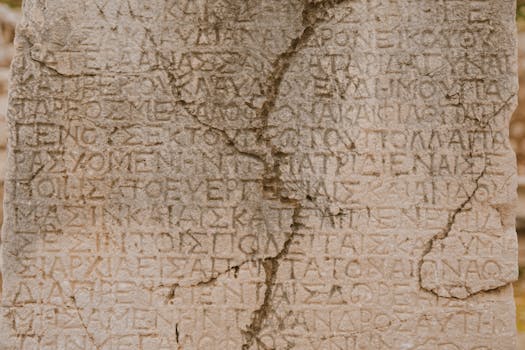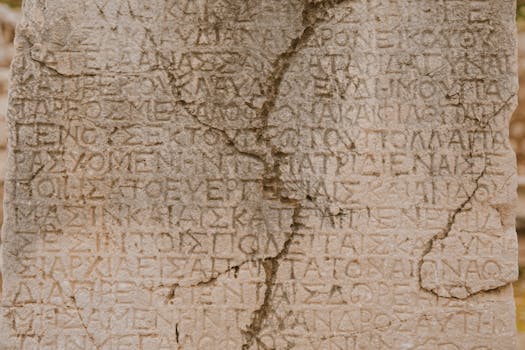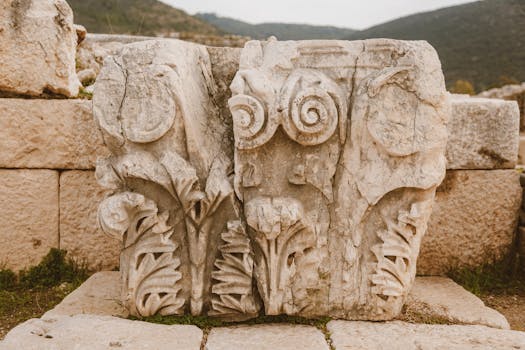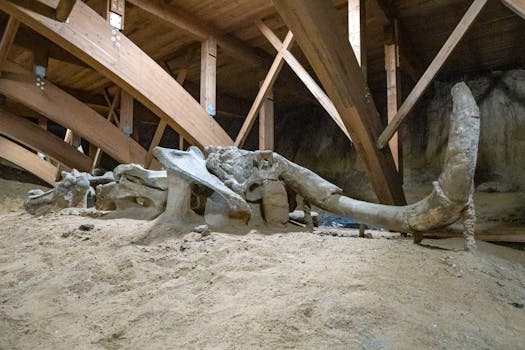
The Importance of Cultural Heritage

Cultural heritage encompasses the traditions, history, and artifacts that are critical to our collective human experience. From majestic temples and ancient ruins to unique artworks and texts, these symbols and artifacts tell us who we are, guiding current and future generations. When cultures and communities lose touch with their heritage, a sense of identity and continuity is threatened. This importance makes the fight to preserve cultural heritage both profound and urgent.
Threats to Ancient Artifacts

Modernization, conflict, climate change, and neglect pose significant threats to ancient artifacts worldwide. Battles in regions with rich histories, like Syria and Iraq, have resulted in the deliberate destruction of heritage sites—attempts to erase cultural identities that significantly hinder social cohesion. Additionally, as industries expand and urban developments soar, artifacts can be forever lost to progress. Moreover, rising temperatures impact ancient structures, causing damage that may be irreversible. Each of these threats reinforces the urgent necessity for intervention and resolution.
Preservation Initiatives Around the Globe

Despite the numerous challenges, there are many organizations and initiatives dedicated to the preservation of cultural heritage. UNESCO, aside from its official World Heritage Sites designation, commissions missions essential for documenting and safeguarding at-risk heritage. Additionally, governments and philanthropic organizations are collaborating on local and international levels. Local communities often play an essential role in preservation efforts, bringing renewed pride and involvement towards their heritage. Innovative practices, including digital recording, are advancing preservation efficiency, making many artifacts accessible for educational and research purposes in virtual formats.
The Role of Technology in Preservation

Technology plays an indispensable role in modern preservation efforts. Digitalization has already allowed thousands of artifacts around the world to be indexed for databases and altered dimensions to accurately project their history. Although tech enthusiasts face criticism for selective representation, accurate reproductions and models can lead to widespread engagement with unknown histories. Tools such as 3D scanning not only help preserve corrupted items, but also recreate them for educational purposes, breathing new life into museums. Innovative preservation technology redefines traditional perspectives of elements considered irrevocably lost or destroyed.
Becoming Advocates for Cultural Heritage

The fight to preserve cultural heritage calls for individuals and communities at all levels to take actionable steps. Supporting heritage organizations, attending exhibitions, and engaging with respective history studies can greatly impact awareness for preservation efforts. Each small effort counts—refraining from illicit artifact trade, participating as an advocate, or advocating for transparent site management impact attributions lift awareness immensely. Broader understanding from new and diverse audiences fosters empathy, encouraging collaboration across individual, local, national, and eventually global fronts.






